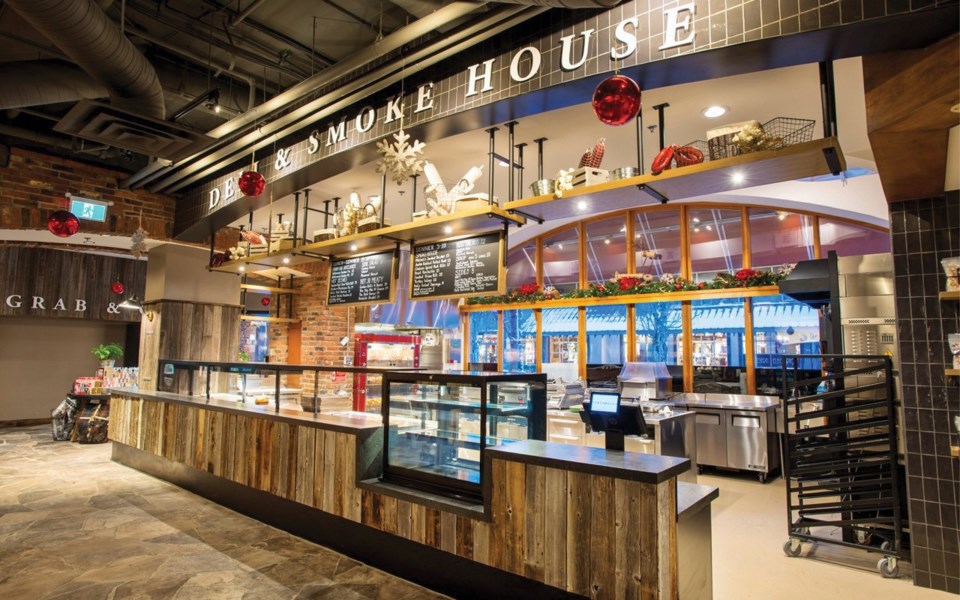with the closure last week of the Fairmont Chateau Whistler, roughly three-quarters of the resort's hotels have now suspended operations in light of COVID-19.
"Many of the accommodations have in some form or other had to shut down their operations," said Hotel Association of Whistler president Saad Hasan. "I wasn't surprised at all, from the perspective that the mayor is asking for people not to travel. The hotels can serve the local communities only so much."
Last week, Whistler's largest hotel followed suit, announcing in a statement posted to its Facebook page that the Fairmont would suspend operations as of noon on April 10.
"We must support our local authorities as they work to halt the spread of COVID-19. And so, we have made the difficult decision to temporarily close the doors of our hotel," the April 8 statement read.
By and large, hotels are keeping a limited crew on to allow for any maintenance or renovation work that is required.
"None of these properties can be shut down completely, purely because they are very large operations and there are various systems at place 24/7, 365, so you have to have a certain skeleton staff that has to be there, for a variety of [reasons], including insurance coverage," Hasan explained.
The hotels that are still open tend to be smaller operators that also operate residential units through contracted property management companies, Hasan noted.
For those smaller operators, it's likely the economic impacts of the pandemic will be longer lasting than for their larger, corporate counterparts, which makes any available government support all the more crucial—and urgent.
"Most of the hotels or brands have a certain amount of cash flow and a certain amount of contingency," Hasan said. "If they are smaller operators, then they have no choice but to rely on some kind of government subsidy that comes through. The sooner they come, the better, otherwise you will have a very different economic situation when the markets do open up."
Federal aid through a 75-per-cent wage-subsidy program, approved by Parliament this weekend, will be available by early May. Additional help in the form of a new loan program to help eligible small businesses is also set to arrive next week.
But business leaders, as well as the Opposition Conservatives, have called on Prime Minister Justin Trudeau's Liberals for a plan that specifically addresses the needs of Canada's restaurant, tourism and hospitality operators, among the earliest and hardest hit sectors of the crisis.
Among the ideas being floated is a proposal to temporarily allow owner-operators to qualify for the federal wage-subsidy program as well as refunding a year's worth of GST remittances to small businesses, which officials have calculated would cost Ottawa's coffers about $12.9 billion.
"A lot is being done and offered but it's a question of how easy it will be [to access support] for hotels—especially the smaller properties," said Hasan, adding that hotel operators would like to see government relief as opposed to tax deferrals.
Given the pandemic's effect on global travel, there's also the question of how Whistler's hotel industry, which relies significantly on foreign workers, would adapt without the same ability to recruit and hire employees from abroad as in years past.
"Thankfully, we are going into summer, and summer is when we also have quite a few B.C. students, Whistler students coming back home [to work]," said Hasan, adding that he believes hotels will be able to incrementally build up staffing levels as distancing and travel restrictions are gradually loosened over time.




